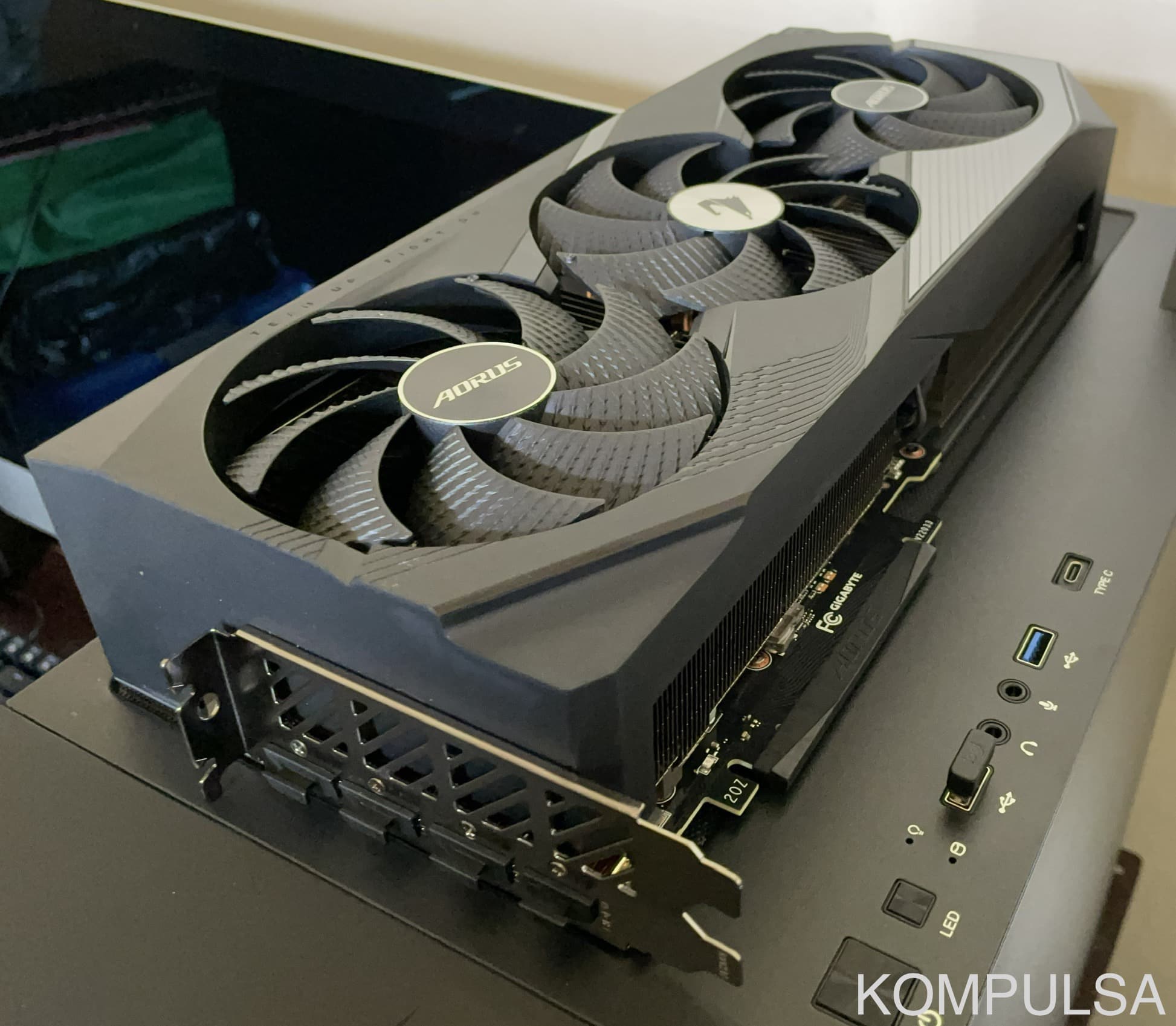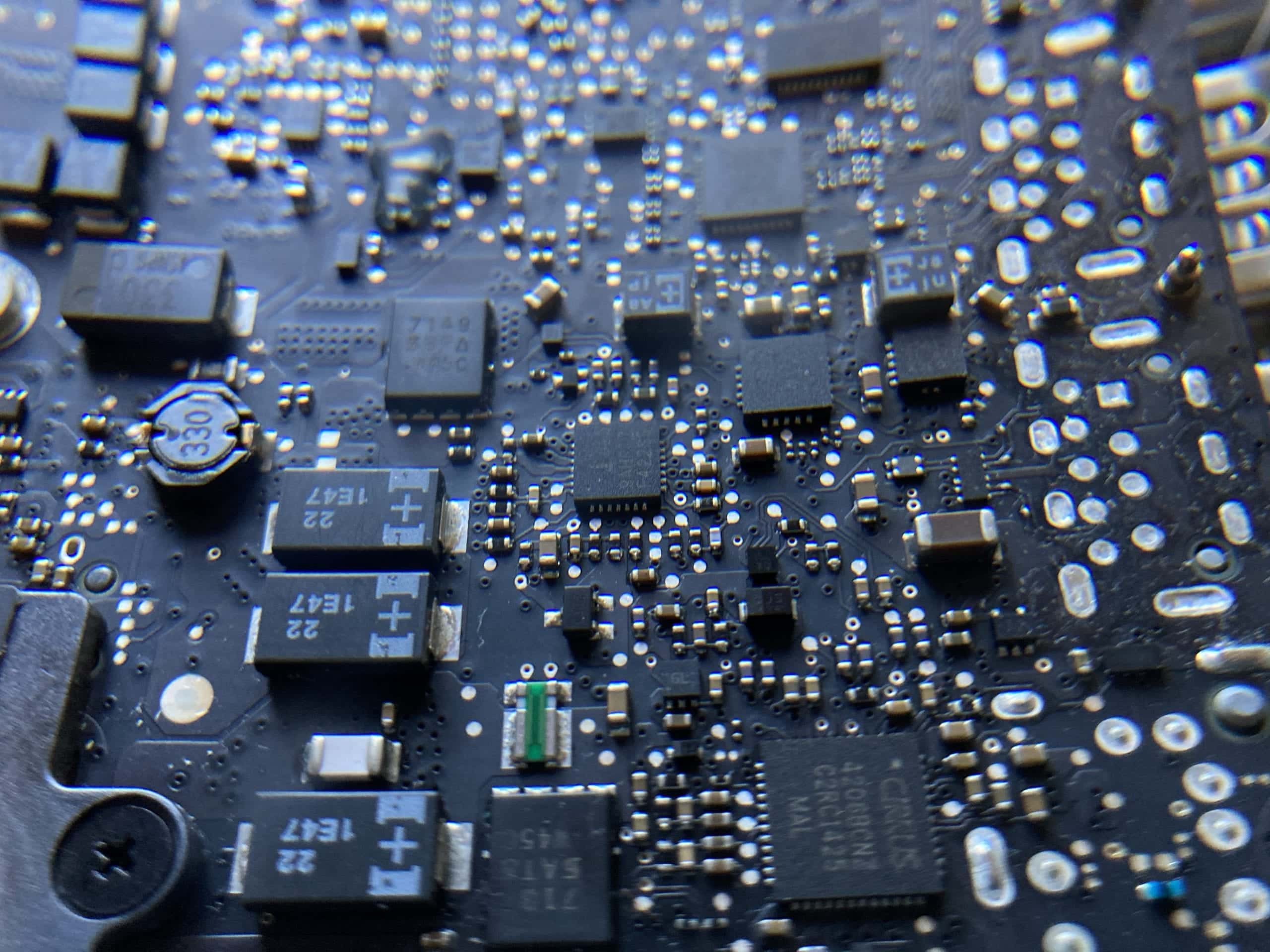Mass production of the Apple Silicon M2 processor has reportedly begun, according to Nikkei. This is most likely a more powerful, improved variant of the M1 processor that Apple released late last year. The M1, assumed to be Apple’s base model chip has outperformed some high-end Intel processors in competitors’ laptops.
The M1 processor is currently offered in the MacBook Air, MacBook Pro, Mac Mini, and now the 24″ iMac as of recently. The M1 follows Apple’s trend of offering very few, albeit powerful processor models (as they do with phones and tablets). The success of the M1 has likely motivated Apple to expand the usage of their own processors even more.
M1 processors have demonstrated high performance coupled with low heat output and low power consumption. All of which are in-line with Apple’s ultra-thin laptop and desktop offerings. High heat output limits how thin a computer can be (not that laptop thickness is an issue), and high power consumption does as well. All this enables Apple to offer thinner laptops with longer battery life and more processing power than competitors.







